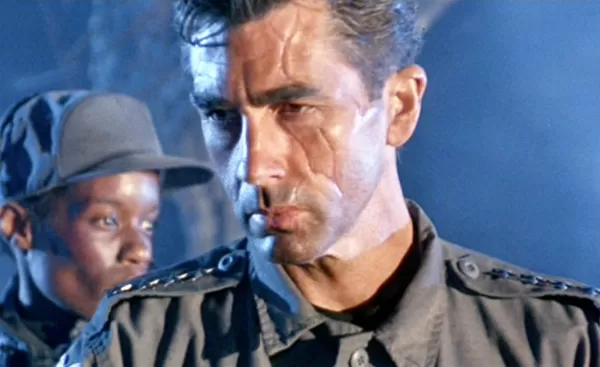Netflix CEO Ted Sarandos has boldly declared that the streaming giant is "saving Hollywood," suggesting that the traditional practice of going to the cinema is becoming outdated for the majority of people. Speaking at the Time100 Summit, Sarandos defended Netflix's role in the film industry despite the migration of production away from Los Angeles, the shortening of theatrical windows, declining audience satisfaction with cinema experiences, and inconsistent box office performances. He emphasized Netflix's consumer-centric approach, stating, "We deliver the program to you in a way you want to watch it."
Addressing the slump in cinema attendance, Sarandos questioned, "What is the consumer trying to tell us? That they’d like to watch movies at home." While he expressed a personal fondness for the theater experience, he downplayed its overall relevance, noting, "I believe it is an outmoded idea, for most people. Not for everybody."
Such views are not unexpected from the head of a leading streaming service, as it aligns with Netflix's business interests to promote home viewing over theatrical releases. The struggles of Hollywood are evident, with family films like "Inside Out 2" and video game adaptations such as "A Minecraft Movie" bolstering the industry, while even Marvel films, once assured box office hits, are now experiencing variable success.
The shift in viewing habits has been highlighted by actors like Willem Dafoe, who lamented the closure of cinemas and the different level of attention given to films at home. "Which is tragic, because the kind of attention that people give at home isn’t the same," Dafoe remarked. He expressed concern over the impact on more challenging films and the loss of the social aspect of moviegoing, where discussions and shared experiences enrich the cultural landscape.
Filmmaker Steven Soderbergh, known for his "Ocean's Eleven" series and other hits, offered a perspective on the future of movie theaters in the streaming era. In 2022, he acknowledged the ongoing appeal of cinema outings but stressed the importance of engaging younger audiences and maintaining the interest of older viewers. "There's still an appeal to seeing a movie in a movie theater. It's still a great destination," Soderbergh said, emphasizing that the future of cinemas depends on programming and audience engagement rather than the timing of movie releases.






























